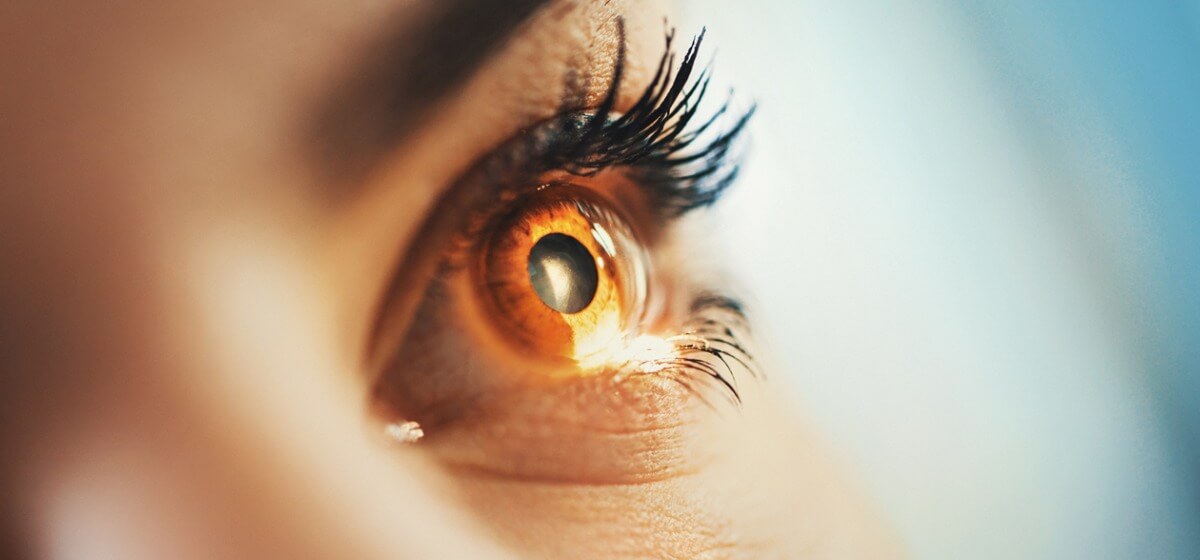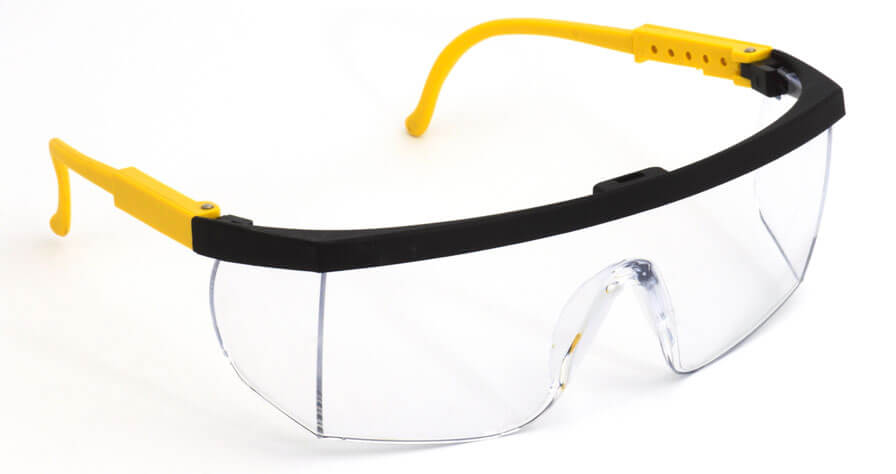Healthy Habits for Your Eyes

It is easy to take your eyesight for granted. However, from injury to illness, there are a number of potential issues that can have a negative impact on your eyes. But, by following a few simple tips, you can help ensure the lifelong health of your eyes.
How to Care for and Protect Your Eyes
Follow these practices to help prevent situations that can result in vision loss.
- Have regular eye exams including dilation. When your eye care professional dilates the pupils of your eyes using drops, they can look for the warning signs of conditions such as glaucoma, macular degeneration and diabetic eye disease. The sooner these issues are identified, the more effectively they can be treated.
- Use protective eyewear. Whenever you are involved in an activity that has the potential for eye injury (sports, home repair tasks, yard work, etc.), you should wear protective glasses or goggles. One accidental elbow or stray fragment can cause an injury that leads to permanent vision loss.
- Don’t smoke. Smoking has been linked to an increased risk of blindness from conditions like age-related macular degeneration, cataracts and optic nerve damage.
- Wear sunglasses. The sun’s UVA and UVB rays can be harmful to the eyes. Always wear sunglasses that block these rays when you are outside on sunny days.
- Rest your eyes. If you work at a computer, sustained focus on your screen for long periods can produce eyestrain. To prevent it, take a break every 20 minutes or so and focus on something approximately 20 feet away for 20 seconds or more. Thinking of this as the 20-20-20 rules makes it easy to remember.
- Eat healthy foods. A diet that includes abundant fruits and vegetables, especially dark leafy greens like spinach and kale, supports optimal eye health. Fish that are high in omega-3 fatty acids, such as tuna, halibut and salmon are also an excellent part of a healthy diet.
- Clean or replace contacts regularly. Keeping your contacts sterilized or replacing disposable contacts on schedule can help prevent eye infections. Always wash your hands thoroughly before inserting or removing contacts.
- Research your family eye health history. Some eye conditions are hereditary. Knowing that a family member has or had that condition can be helpful to your eye care professional.
- Maintain a healthy weight. Your risk of developing diabetes and other systemic health conditions is higher if your are overweight or obese, and those conditions can lead to vision loss.
Visiting your eye care professional regularly, working with your family practice doctor to maintain good overall health and making smart choices on protecting your eyes will leave you seeing a very bright future for your eyesight.



